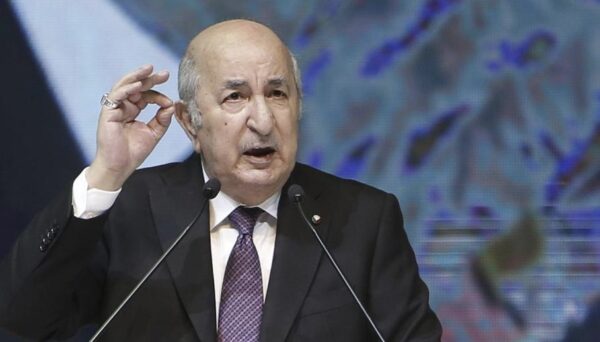Brussels is stepping up its pressure on Algiers. The European Union has officially launched arbitration proceedings against Algeria due to a set of trade and investment restrictions deemed contrary to the EU-Algeria Association Agreement in force since 2005. This decision, announced yesterday, marks a turning point in an escalating standoff, as Brussels seeks to restore the rights of its exporters and businesses operating in Algeria, increasingly penalized by a hostile environment.
Since 2021, the Algerian authorities have implemented a series of measures that, according to the EU, violate the spirit and letter of the agreement. Specifically targeted are: a system of import licenses equivalent to a de facto ban, a total ban on imports of marble and ceramics, a cap on foreign participation in importing companies, discouraging re-registration requirements, and an import substitution policy that gradually excludes European actors from the market.
Faced with a deadlock, the EU had attempted dialogue. Consultations were requested in June 2024 under the agreement’s provisions. However, these exchanges did not lead to any progress. Brussels is therefore moving to the next step: the official request for the establishment of an arbitration panel. The EU has appointed its arbitrator, and expects Algeria to appoint theirs within a two-month period. The third arbitrator will be appointed by the Association Council. The decision of this panel will be binding.
The EU also does not hide its concern over measures deemed particularly hostile to French exporters and businesses, targeted in a focused manner according to several sources. These actions are closely monitored and will continue to be raised in bilateral discussions.
The commercial climate is deteriorating. The EU remains Algeria’s top economic partner, but trade is plummeting. Between 2014 and 2024, European exports to Algeria have declined by 31%, illustrating a worrying decline in commercial flows. This trend threatens not only European economic interests, but also the political balance of a partnership intended to promote regional integration and cooperation.
Signed in 2002 and in force since 2005, the Association Agreement was supposed to pave the way for a freer and more transparent market. Twenty years later, the European Union finds itself having to legally defend an agreement that has become a dead letter in several sectors. Arbitration is shaping up to be the battleground of power dynamics. Brussels maintains its willingness to negotiate, but the countdown has begun.


